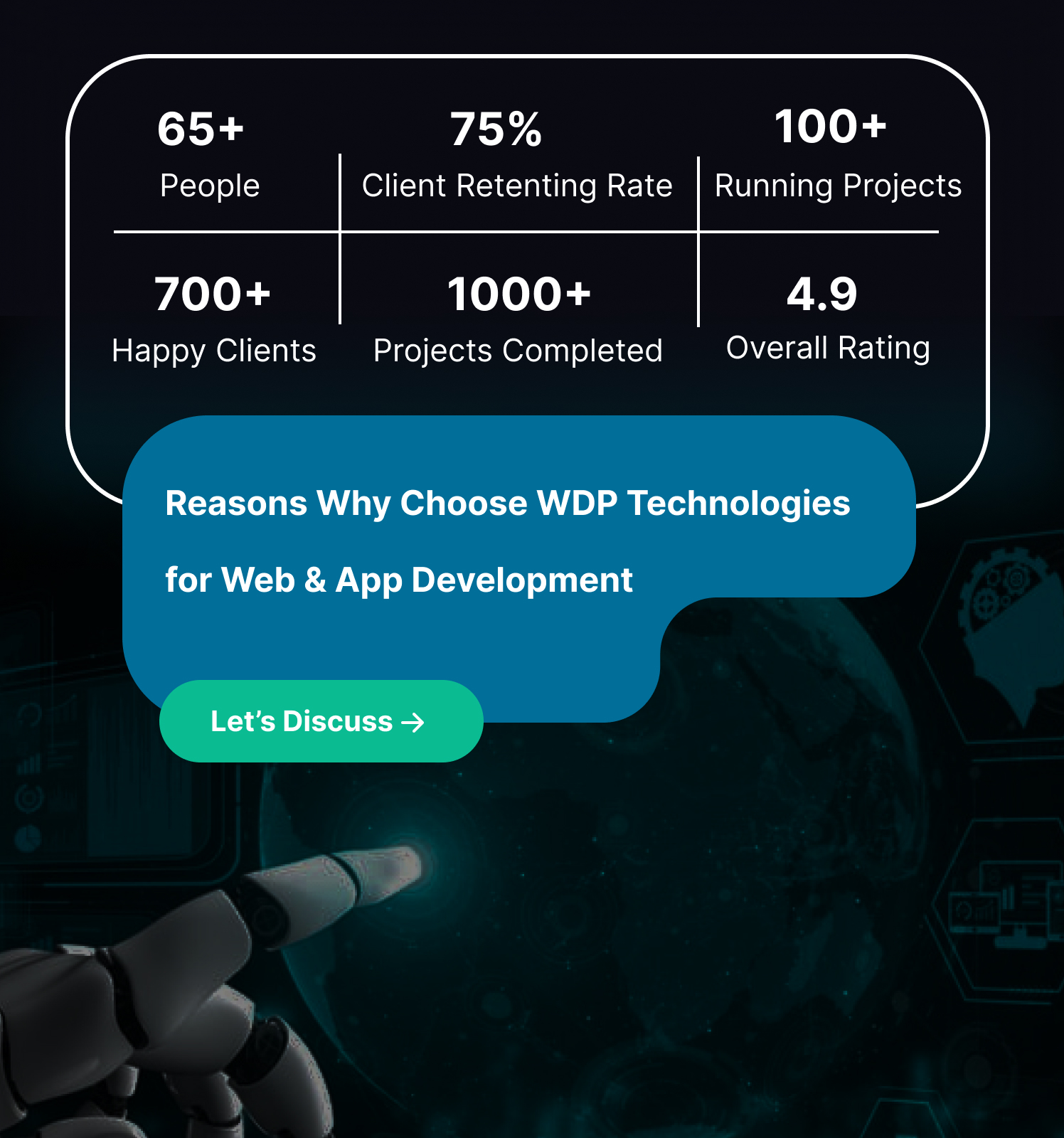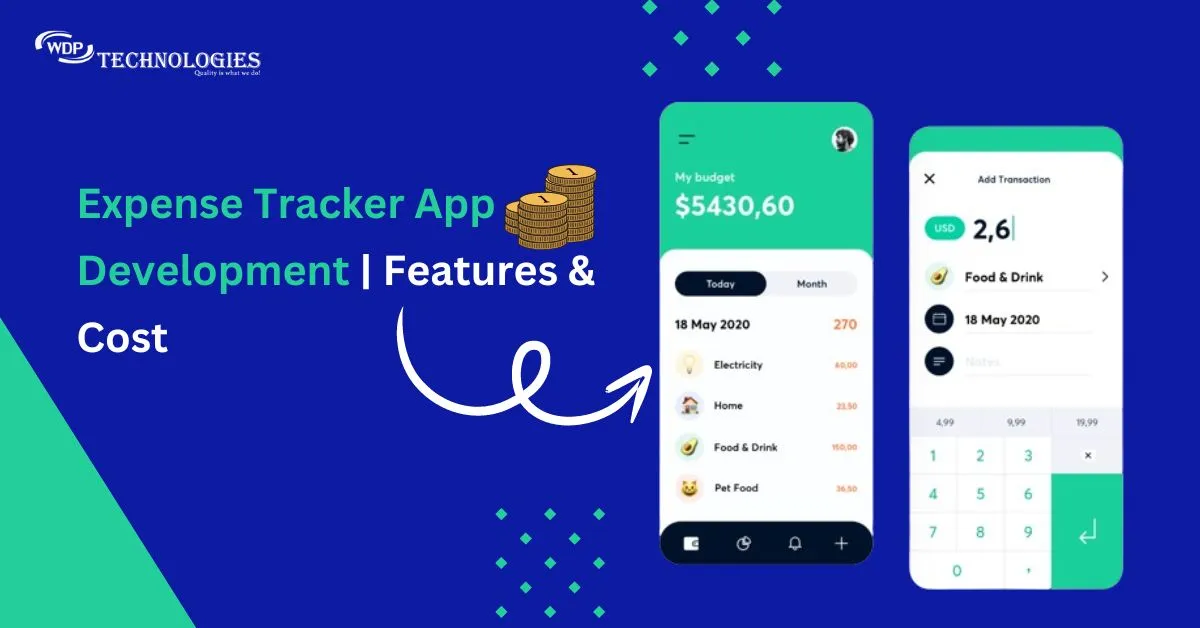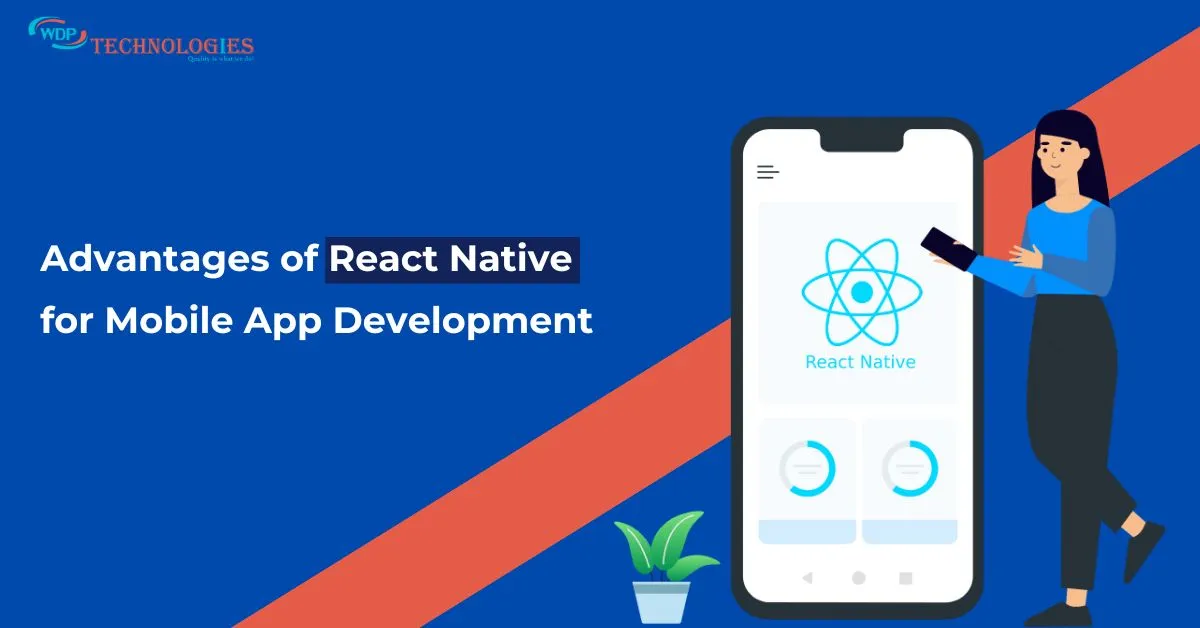In the world of web development, choosing the right technology stack is pivotal. Two widely used options are PHP and ASP.NET. Both have their own strengths and limitations, and the choice between them often depends on factors like project requirements, your team’s expertise, and your personal preferences.
In this comprehensive guide, we’ll explore the ins and outs of PHP vs ASP.NET, comparing their features, use cases, and considerations to help you make an informed decision for your next web development project.
Understanding PHP
Overview of PHP
PHP is a popular open-source server-side scripting language designed for web development. Created in 1994 by Rasmus Lerdorf, PHP is known for its simplicity, ease of use, and a vast ecosystem of libraries and frameworks.
Strengths of PHP
🔹 Open Source: PHP is an open-source language, which means it’s free to use and has a large and active community. This open nature leads to a wealth of resources, libraries, and frameworks available to help with development.
🔹 Platform Independence: PHP is platform-independent, making it compatible with various web servers and operating systems. This flexibility simplifies deployment and hosting choices.
🔹 Popularity: PHP is one of the most popular server-side scripting languages globally. Many major websites, including Facebook and WordPress, are built using PHP. This popularity translates to a substantial pool of PHP developers and resources.
🔹 Easy to Learn: PHP is renowned for its simplicity and ease of learning, making it a great choice for beginners in web development. The straightforward syntax and extensive documentation further contribute to its approachability.
🔹 Rich Ecosystem: PHP boasts a vast ecosystem of frameworks and tools like Laravel, CodeIgniter, and Symfony, which can significantly speed up development and simplify common tasks.
Limitations of PHP
🔹 Inconsistencies: PHP’s rapid development history has led to inconsistencies within the language. Some functions and features might behave differently in various versions, which can be challenging when upgrading or maintaining projects.
🔹 Security Concerns: While PHP itself is not inherently insecure, the flexibility it offers can lead to insecure code if not handled properly. Security best practices are essential to avoid vulnerabilities like SQL injection and Cross-Site Scripting (XSS).
🔹 Performance: PHP’s performance can be a concern for resource-intensive applications. It’s generally slower than compiled languages like C# or Java. However, with proper optimization and caching, this limitation can be mitigated.
🔹 Lack of Strong Typing: PHP is a dynamically typed language, which means it doesn’t enforce strict data types. While this flexibility can be advantageous, it can also lead to unexpected behavior or bugs if not managed carefully.
Understanding ASP.NET
Overview of ASP.NET
ASP.NET is a web application framework developed and maintained by Microsoft. It’s part of the broader .NET ecosystem, which encompasses various tools and technologies for building web, desktop, and mobile applications.
Strengths of ASP.NET
🔹 Microsoft Technology Stack: ASP.NET is developed and supported by Microsoft, making it well-integrated with other Microsoft technologies like Windows Server, SQL Server, and Visual Studio. This integration is especially beneficial for organizations heavily invested in Microsoft products.
🔹 Great for Enterprise Applications: ASP.NET is a robust choice for enterprise-level applications. Features like .NET Core and ASP.NET MVC provide advanced capabilities and performance that are well-suited for large-scale, high-traffic projects.
🔹 Scalability: ASP.NET applications are highly scalable, capable of efficiently handling substantial traffic and demanding workloads. This scalability is a crucial advantage for applications with varying usage patterns.
🔹 Security: ASP.NET is known for its strong security features, with built-in mechanisms to protect against common web vulnerabilities. It provides a solid foundation for building secure applications.
🔹 Language Versatility: ASP.NET supports multiple programming languages, including C#, F#, and Visual Basic. This flexibility allows developers to choose the language they are most comfortable with, making it easier to meet specific business requirements.
Limitations of ASP.NET
🔹 Learning Curve: ASP.NET, especially the full version, can have a steeper learning curve, particularly for developers new to the Microsoft technology stack. The extensive tooling and the .NET ecosystem can be overwhelming initially.
🔹 Licensing Costs: Unlike open-source alternatives, ASP.NET development often involves licensing fees. Microsoft’s Visual Studio, for example, requires a paid license for the full version, which can add to the development costs.
🔹 Vendor Lock-In: ASP.NET’s strong integration with other Microsoft products can be seen as a limitation by some. If you are committed to using ASP.NET, it might be challenging to transition to other technologies or platforms in the future.
🔹 Performance: While ASP.NET is highly scalable, performance can be a concern for some applications. In comparison to lighter frameworks, it may require more resources, which could be an issue for smaller hosting budgets.
🔹 Community Size: ASP.NET, while having a substantial and active community, may not be as large as open-source alternatives like PHP or JavaScript-based frameworks. This means that finding resources and solutions might be slightly more challenging in some cases.
Use Cases for PHP vs ASP.NET
Now that we’ve examined the strengths and limitations of PHP and ASP.NET, let’s explore their ideal use cases.
Use Cases for PHP
🔹 Content Management Systems (CMS): PHP is the foundation for many popular CMS platforms, including WordPress, Joomla, and Drupal. If you’re building a website that requires easy content management, PHP is a logical choice.
🔹 Rapid Web Development: PHP is well-suited for rapid development, making it an excellent choice for startups and small to medium-sized businesses looking to bring their web presence to market quickly.
🔹 E-commerce Websites: PHP can power e-commerce sites effectively. Platforms like WooCommerce and Magento are built using PHP, providing robust e-commerce solutions.
🔹 Custom Web Applications: PHP can be used to develop custom web applications when combined with PHP frameworks like Laravel, which offers extensive features for building a wide range of applications.
Use Cases for ASP.NET
🔹 Enterprise Applications: ASP.NET is an excellent choice for building enterprise-level applications. Its robust security features, scalability, and integration with Microsoft products make it a top choice for large businesses and organizations.
🔹 Cross-Platform Web Development: With .NET Core, ASP.NET is a viable option for cross-platform web development. If you need your application to run on Windows, Linux, and macOS, ASP.NET offers the necessary flexibility.
🔹 Data-Driven Web Applications: ASP.NET is well-suited for building data-driven applications that require extensive database interactions. It seamlessly integrates with databases and offers advanced tools for data handling.
🔹 Web Services: ASP.NET is commonly used for building web services and APIs. Its versatility allows you to create RESTful APIs that can serve as a backend for various client applications, such as mobile apps.
Choosing Between PHP vs ASP.NET
The decision to use PHP vs ASP.NET hinges on various factors, including project requirements, your development team’s skills, budget constraints, and your preferences. Here’s a guide to help you decide:
Project Requirements
Consider the nature and scope of your project:
🔹 Small to Medium Projects: For small to medium-sized websites, blogs, or simple web applications, PHP is often a more budget-friendly and practical choice. Its lightweight nature, ease of use, and a vast ecosystem of plugins make it suitable for these scenarios.
🔹 Large Enterprise Projects: For large-scale, enterprise-level applications, especially if you need advanced security, integration with Microsoft technologies, and extensive scalability, ASP.NET is the preferred choice.
🔹 Cross-Platform Development: If you require cross-platform compatibility, especially for web applications, ASP.NET Core is a strong candidate. It allows you to develop and run applications on Windows, Linux, and macOS.
Development Team Skills
Evaluate the skills and expertise of your development team:
🔹 PHP-Proficient Team: If your team has significant experience with PHP, using PHP for your project makes sense. They’ll be able to work more efficiently and deliver high-quality results.
🔹 Microsoft-Centric Team: If your team is well-versed in Microsoft technologies and languages like C#, using ASP.NET will be the natural choice. Their familiarity with the ecosystem will be an advantage.
🔹 Diverse Skill Set: If your development team is versatile and can adapt to different technologies, you have the flexibility to choose the language that best aligns with the project’s requirements.
Budget Constraints
Consider your budget:
🔹 Limited Budget: PHP, being open-source, typically involves lower costs, making it a cost-effective option for startups and small businesses.
🔹 Flexible Budget: If your budget allows for licensing fees and the costs associated with using Microsoft technologies, ASP.NET is a strong contender, especially for larger enterprises.
Platform and Ecosystem
Reflect on your needs concerning the platform and the broader technology ecosystem:
🔹 Microsoft Ecosystem Integration: If your project necessitates deep integration with Microsoft products, or if you want to leverage .NET features beyond web development, ASP.NET is the logical choice.
🔹 Platform Independence: If you value the ability to run your application on various operating systems, PHP or ASP.NET Core could be the better choice. This flexibility opens up new hosting and deployment possibilities.
Conclusion
The choice between PHP vs ASP.NET ultimately depends on your project’s specific requirements, your development team’s skills, and your budget. Both technologies are capable of building high-quality web applications and services, but they cater to different use cases.
In the grand debate of PHP vs ASP.NET, the key to success lies in making a well-informed decision. Whether you opt for the versatility and ease of PHP or the robustness and scalability of ASP.NET, meticulous planning, efficient coding practices, and a commitment to delivering high-quality web applications are paramount.
As you embark on your web development journey, remember that the technology you choose should serve as a tool to bring your ideas to life and empower your digital presence. Ultimately, the better choice is the one that aligns most closely with your goals, requirements, and vision for your web project.












